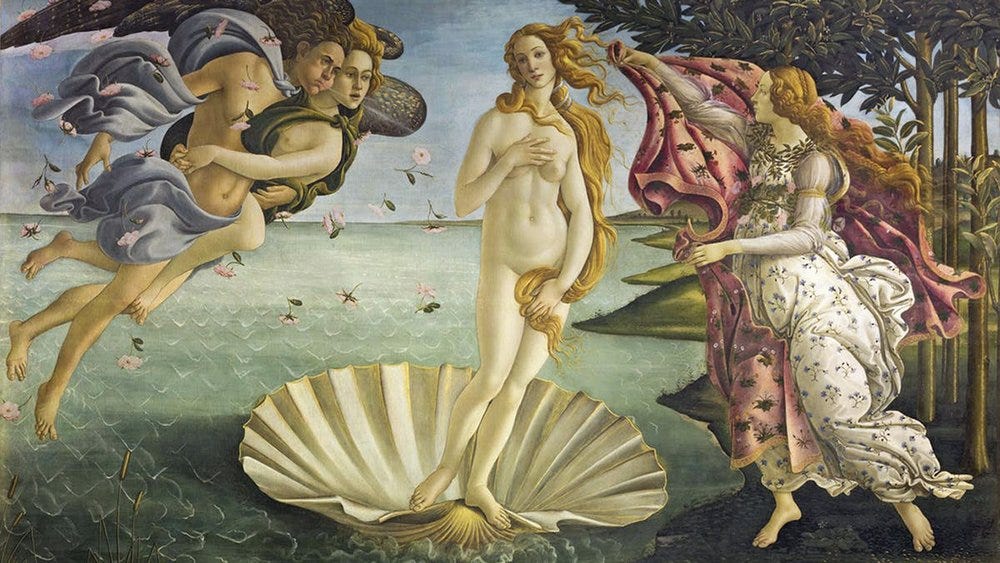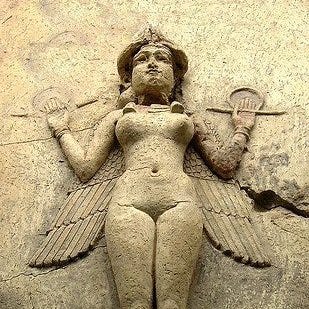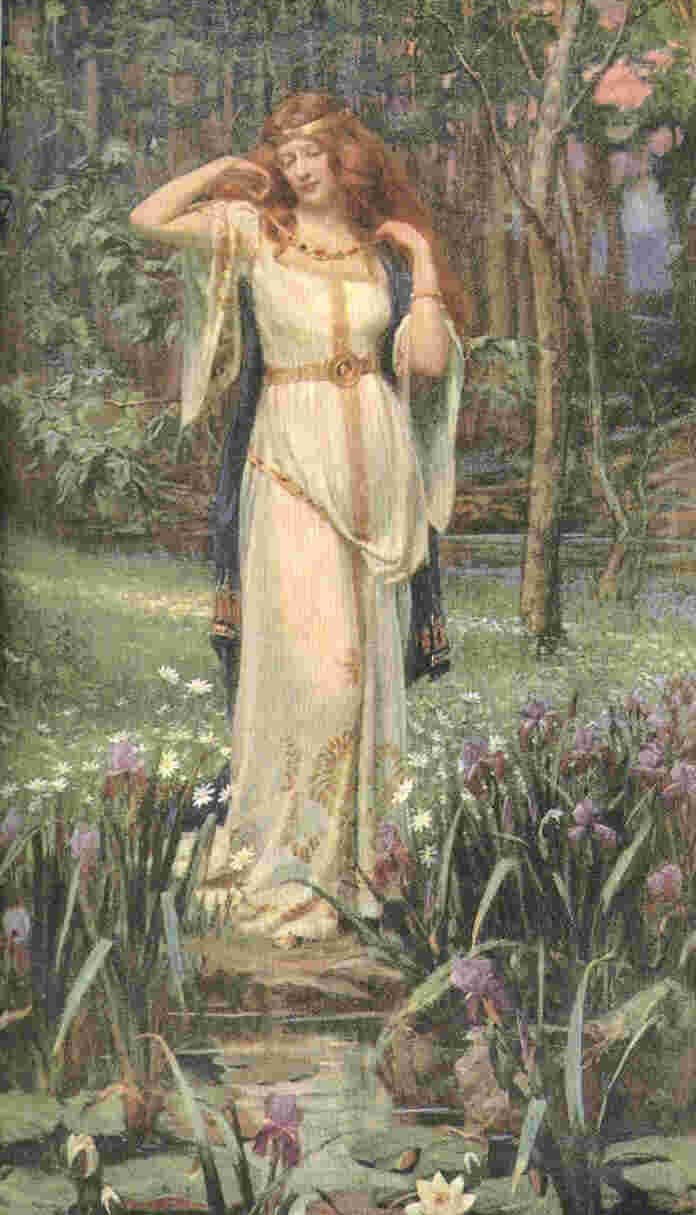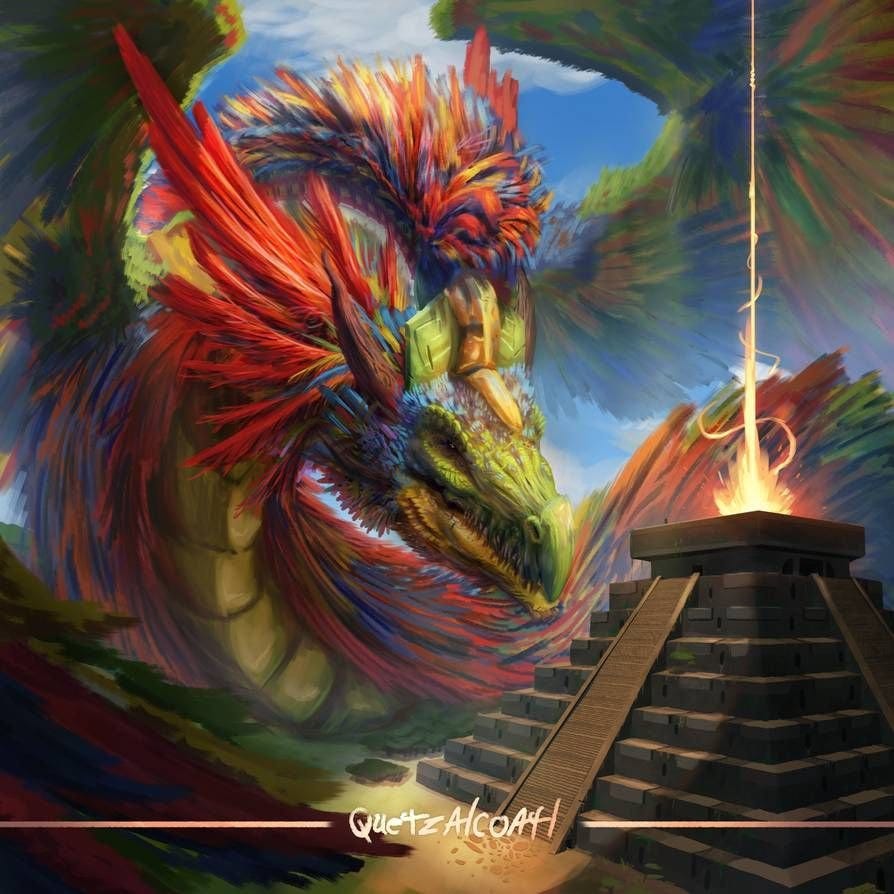Run for the hills everyone…Venus is retrograde!
Kidding. Venus goes retrograde all the time (er, every 18 months or so). This is nothing new. It’s simply a time to reflect on relationship patterns, take exquisite care of yourself, and meditate on the deeper values you hold in your heart. (obviously this is overly simplified, but you get the gist.)
But for some reason, I’ve seen more posts about this Venus retrograde than any before. Perhaps it’s because Venus is retrograde in Leo — a most passionate sign. Perhaps it’s because everyone is increasingly into astrology these days (which is awesome — the stars have a lot to say!).
Or perhaps it’s because Venus has been showing up in her full glory to help usher the sacred feminine back into cosmic balance. We feel her presence more than ever, even if on subconscious levels, and so, we share a heightened awareness of her movement through our skies.
(I’m voting for the third option.)
When I work with the planets, they are not mere archetypes. They are gods. They are celestial deities that rule our earthly experience — but that can also be partnered with. Yes, we have agency in how we relate to these astrological beings.
So let’s take a closer look at Venus.
Restoring the Feminine to Cosmic Balance with Beauty and Astrology
Venus’s gifts for humanity lie in the sacred qualities of love, beauty, the arts, relationships, sensuality, values, emotions, and pleasure. The only planet named for a female deity, Venus is a loving and bright ally in restoring the divine feminine to cosmic balance.
Anyone who’s gazed at the light of Venus in a liminal sky can understand why the ancients associated this planet with beauty. I wonder if they also knew her trajectory through our skies is the most symmetrical of all the planets: Over an 8-year period, Venus makes 13 orbits around the sun and has 5 conjunctions with the earth. Visually, this creates a beautiful mandala based on the golden ratio—a pentagram of petals—which you can see in the image below.
The 13 orbits that bring Venus back to her place of origin in our skies tie this planet to the feminine — 13 has long been associated with women because of how we cycle and bleed with the 13 moons of the year.
Even the symbol for the planet Venus is the same as that which commonly represents the feminine — a circle sitting upon a cross: ♀ If we see the circle as the infinite cycle and wholeness, and the cross as representing the four elements and four directions — that which makes our material reality — we can see this symbol as also calling forth the intersection of spirit and earth.
In this symbol, we can see how Venus helps us bring spirit into manifest form — just as women bring spirit into form through the birthing process.
In astrology, Venus rules both Taurus and its home, the 2nd house, along with Libra and its home, the 7th house. Together, these elements celebrate the many qualities of Venus — the earthy, sensuality of Taurus, the values and emotions and sexiness of the 2nd house, the high culture and beauty of Libra, and the love and partnership of the 7th house.
Here, not only are the sacred qualities of the feminine celebrated, but they once again symbolize the harmonization of earth and spirit. Anytime we’re able to ground into the beauty of nature and the present moment, we experience Venusian blessings.
The Venusian Deities
Though Venus is represented through a few male deities in different cultures (see below!), the vast majority of Venusian deities are female, especially within the cultures that have most influenced my own Western heritage.
The Greek goddess Aphrodite — literally “Venus” as her Roman counterpart — is perhaps the most well-known Venusian deity for many of us. Yet if we trace the evolution of Aphrodite through time, we find that she may well have been born from earlier goddesses — Isis, or Auset, in Egypt, and Inanna, also known as Ishtar and Astarte, in Sumeria. All three goddesses carry the mantle of being Venusian goddesses of the ancient world.
Psst: You can still get a free booklet filled with rituals to connect with Isis and other Egyptian deities here.
In the Norse worlds, we see both Freya and Frigg associated with Venus. Both goddesses embody qualities of love, romance, fertility, and sacred sexuality, though Freya is more independent in her expression, and Frigg, as the wife of Odin, is more matrimonial. Interestingly, Friday is named for Frigg, and guess which planet rules Friday? Venus.
Now, let’s get a bit heretical…Do you know what the Roman word for Venus was? Lucifera. Yup. The very same word co-opted by Christans to describe the devil. Lucifera was used almost as a suffix to many goddesses and sacred women’s names—Diana Lucifera most famously, but also Mary Magdalene, who was sometimes referred to as Mary Lucifera.
Sex & Resurrection
From what we know of Mary Magdalene, it’s likely she was not only a consort of Jesus but also a priestess in her own right. At the time, the art of sacred sexuality was practiced in the temples for communion and healing. And sex, in this sacred sense, is as Venusian as it gets — the sensuality, the romance, and harmony between masculine and feminine, and the fertile outcomes once again bringing spirit into material form.
And while we’re looking at sacred sexuality in this Venusian context, it’s interesting to note the parallels between Isis bringing Osiris back to life and immediately consummating with him (which led to not only the birth of Horus but brought fertility to the land), and Mary Magdalene being the first to witness the resurrection of Jesus. I wonder if the way in which she anointed him before death, loved him beyond life, and cried tears of power into the earth, contributed to the magic that brought him back to life like Osiris.
It seems this Venusian power so naturally held by women, the power to commune with spirit, enjoy sensual pursuits, and bring life into being through the force of love, was a bit too threatening to the Church…
The legendary tales of Isis and Osiris and Mary Magdalene and Jesus are not the only examples of resurrection when it comes to Venus. Throughout her orbit, Venus cycles towards and away from the sun, symbolizing a natural cycle of birth, death, and resurrection. We also see in the tale of Aphrodite bringing Adonis back to life through her pleas after he was killed by a wild boar.
Even the Venusian goddesses Inanna experiences an underworld death — her corpse even hung on a cross, sound familiar? — and rebirth. Though unlike the goddesses who resurrect their lovers to bring fertility to themselves and the land, Inanna is the one resurrected in her tale, modeling the feminine drive to face our shadows and integrate into wholeness.
The Venusian Masculine
Back to the male Venusian dieties…by far the most well-known masculine Venusian deity in modern days is Quetzalcoatl, a meso-American god. Quetzalcoatl was known as a feathered-serpent deity who brought fertile growth to the land. Again, we see the liminal meeting of spirit and earth in bird and snake, as well as sacred sexuality and fertility. In many ways, Quetzalcoatl offers us a model for how those in men’s bodies can embody the much-needed gifts of Venusian blessings, reminding us that we all have sacred masculine and feminine qualities within.
It’s time to allow Venus to upgrade our hearts
As a planet that reminds us of the power of love, Venus could not be more important for us to connect with right now.
I am, like I’m sure many of you are, an empath.
Being an empath is not only a gift but is also the natural state of all humans, the state we are born into before culture and trauma cuts our hearts away from our innate ways of knowing.
But being a really strong empath during times of mass hysteria, conflict, and trauma can be rough, even with the knowledge and skills to navigate these times.
I find the vitriol, judgment, and especially righteousness I see online and in social media pressure cookers to be acutely painful. Just about all news — from left to right and mainstream to alt — has become a web of incendiary propaganda. When I turn into certain locations, I can energetically sense oppressive webs of fear hijacking people’s sovereignty.
In all of these examples, I think what I find most heartbreaking is that people are being pulled off their path of spiritual evolution and heart-centered living. They are losing touch with what will actually help humanity survive the changes upon us: love and connection, with each other and the earth.
Venus is a powerful ally in coming back into our hearts and allowing the wisdom of love to lead the way.
A Practice:
If possible, locate Venus in the sky — depending on her movements, dawn or dusk will be the best time.
Anoint your heart center with a sacred oil, preferably one containing rose — one of Venus’s favorite flowers. (The perfumes below are perfect for this practice.)
See the fragrant oil or perfume open a portal into your heart, a protected one that can only be entered by Venus herself.
Inhale, and feel Venusian blessings flow into your heart center.
When this practice feels complete, see the portal in your heart seal safely and give thanks to Venus.
As you go about your day, notice feelings of love and being loved fill your being. Practice seeing the world through a gaze of appreciation and gratitude for the beauty of life. Delight in the sensual experience of being embodied. Remember your true value and worth.
The Sensual Delight of Venusian Perfume
What could be more Venusian than a perfume dedicated to the goddess?
As a triple Libra, Venus is my ruling planet — meaning she’s especially influential in my life. It’s no wonder beauty is my core life code (you can read my artist statement here, just scroll down a bit). While I’ve always been an artist and experiment with many mediums, when I create perfumes I know they come straight from my soul.
Many of the perfumes I’ve designed are dedicated to Venusian goddesses — so many, in fact, that I’ve decided to offer them all in a single discovery set.
The Venusians Discovery Set includes six 1ml samples in glass vials, each perfume is all-natural (I’ve studied with the preeminent natural perfumers of today) and infused with the Venusian energy of goddesses from around the world:
Aphrodite (Venus) — Greco-Roman, a floral marine chypre
Inanna (Ishtar, Astarte) — Babylonian-Sumerian, temple incense and woods
Mary Magdalene — Biblical, saffron and rose
Oshun — Yoruba, sweet floral spice
Freya — Norse, amber musk
Auset (Isis) — Egypt, sensual floral bouquet
If you’re inspired to try these alchemical perfumes, please enjoy 10% off as my thanks for reading here :) Good now through the end of Venus’s retrograde on September 3rd, 2023. Use VENUSRX at checkout.
How are you working with Venusian energies during this time? Which goddesses are you most drawn to? Let me know in the comments!












The layers of magic woven INTO this piece opened my perception about the potency of Venus! I saw her in the sky for the first time this summer and was blown away with her BRIGHT beauty. So enticing and powerful. I love the art you shared with her movements!! Incredibly beautiful. Thank you for all of your in depth explorations. Your devotion is felt!
This was so interesting. It's incredible how woven together our history and myths are, into a perfect tapestry. I feel appreciation of your words as they awaken my awareness a bit more. Something out there and in my heart is smiling.